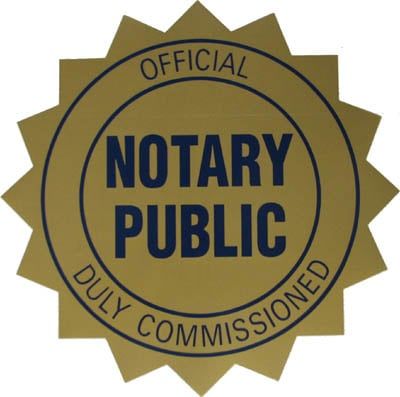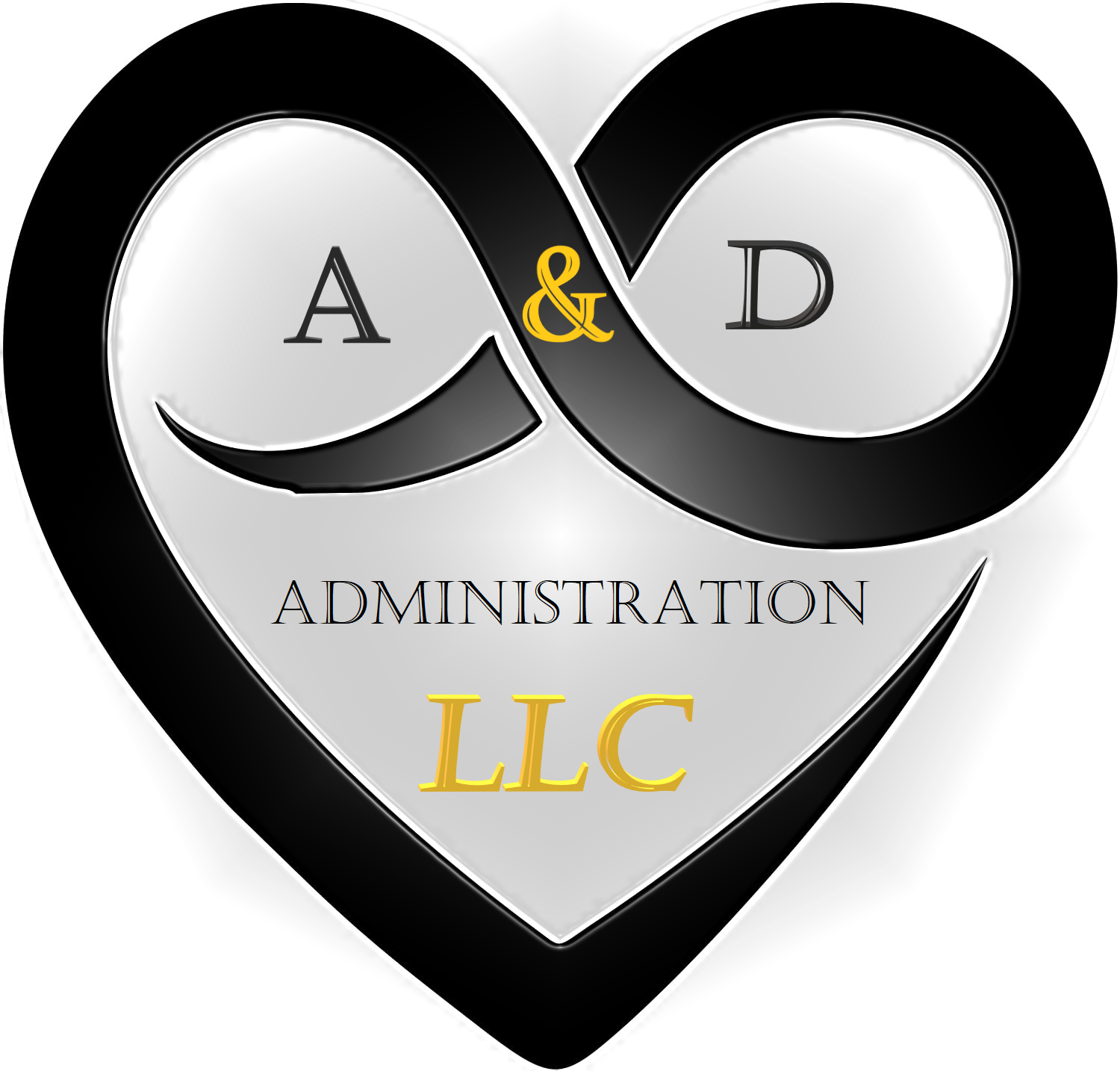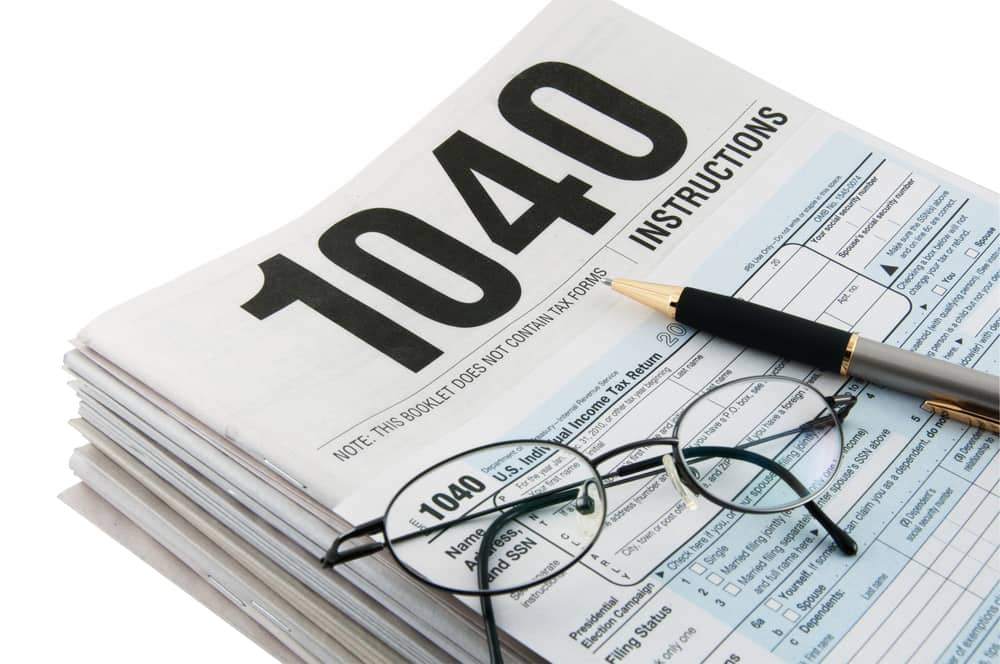
Notary Public
A Notary Public is a state-appointed official authorized to serve as an impartial witness to the signing of important documents, ensuring their authenticity and preventing fraud. The primary duties of a Notary Public include verifying the identity of signers, confirming their willingness and awareness in signing the document, and administering oaths when necessary. A notary is responsible for affixing their official seal or stamp to the documents, certifying that the legal formalities have been followed. Additionally, notaries may record details of notarized transactions in a logbook, ensuring proper documentation and accountability. While their role is administrative rather than legal, notaries play a crucial role in maintaining trust in official transactions involving wills, property deeds, powers of attorney, and other legal documents. They must act in a neutral and unbiased manner, upholding ethical standards and complying with state regulations governing notarial acts.


